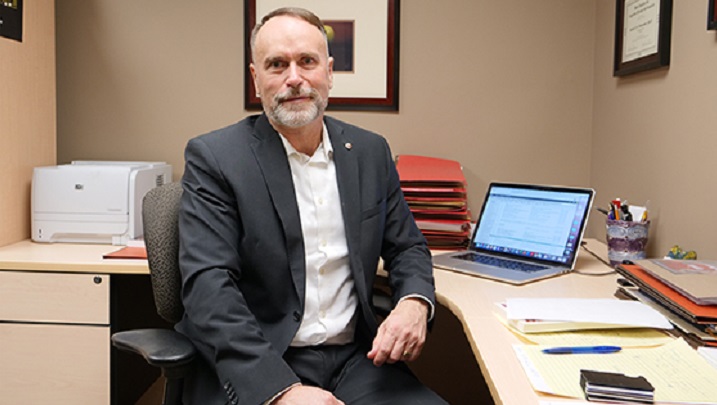With the growing concern surrounding the COVID-19 pandemic, a University of Regina professor is exploring the impact it is having on people’s mental health.

“If we see somebody or know somebody who is having quite significant emotional concerns around this, that is part of adapting to this process.”
Asmundson recently received $400,000 in funding from the Canadian Institutes of Health Research for a COVID-19 research project: The Role of Psychological Factors in the Spreading of Disease, Discrimination, and Distress.
“It’s to explore the mental health aspect of COVID-19 so we can actually better understand people’s responses and those having significant fears and anxiety,” Asmundson said.
“There’s also those under-responding, who don’t see this as considerable threat.”

Get weekly health news
His project is being done in collaboration with Dr. Steven Taylor out of the University of British Columbia.

Asmundson said it’s important to use the technological resources we have to stay connected in a time of isolation.
“It’s really critical. It’s important to emphasize that this social isolation is critical to mitigate the spread of the virus and flatten the curve,” Asmundson said.
“Staying connected is really important and there are many creative ways to do that — finding creative ways and staying a community, staying together.”
The Canadian government recently announced it is investing an additional $25.8 into CIHR, in efforts to address the COVID-19 pandemic.
On Monday, Canadian Prime Minister Justin Trudeau said the country is spending $192 million on developing and producing vaccines for the novel coronavirus.
Questions about COVID-19? Here are some things you need to know:
Health officials caution against all international travel. Returning travellers are asked to self-isolate for 14 days in case they develop symptoms and to prevent spreading the virus to others.
Symptoms can include fever, cough and difficulty breathing — very similar to a cold or flu. Some people can develop a more severe illness. People most at risk of this include older adults and people with severe chronic medical conditions like heart, lung or kidney disease. If you develop symptoms, contact public health authorities.
To prevent the virus from spreading, experts recommend frequent handwashing and coughing into your sleeve. They also recommend minimizing contact with others, staying home as much as possible and maintaining a distance of two metres from other people if you go out.
For full COVID-19 coverage from Global News, click here.









Comments